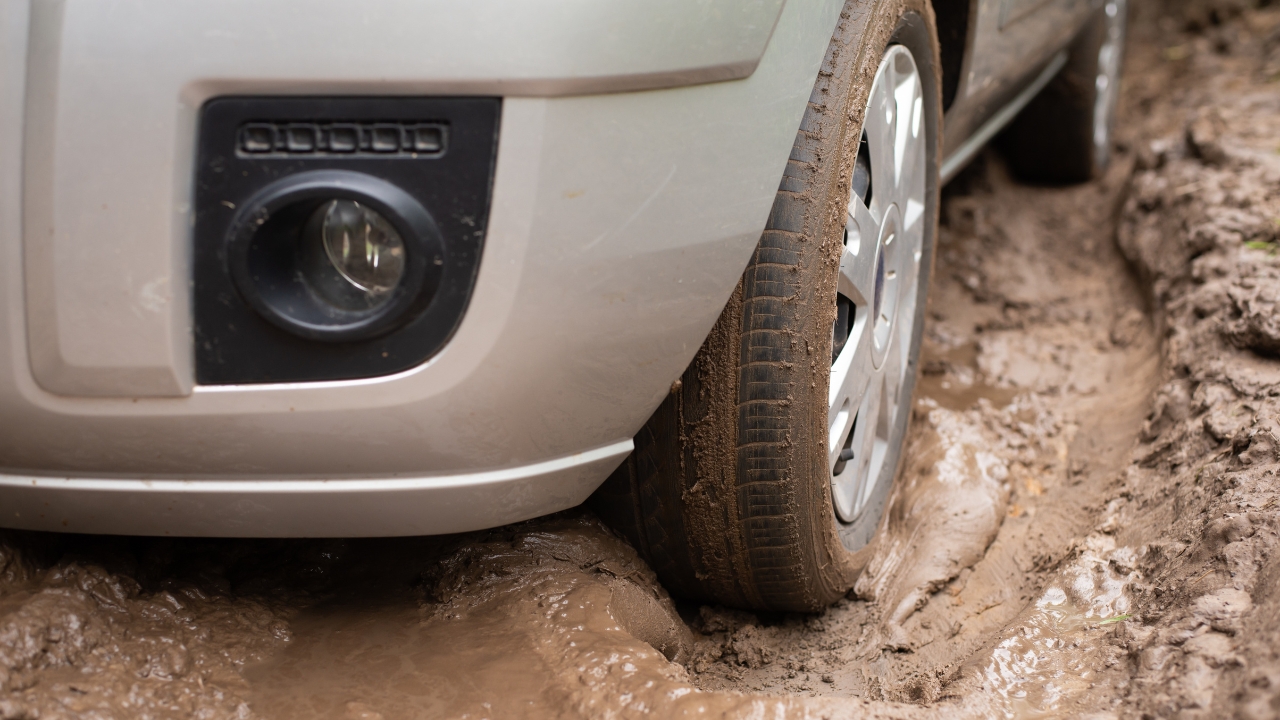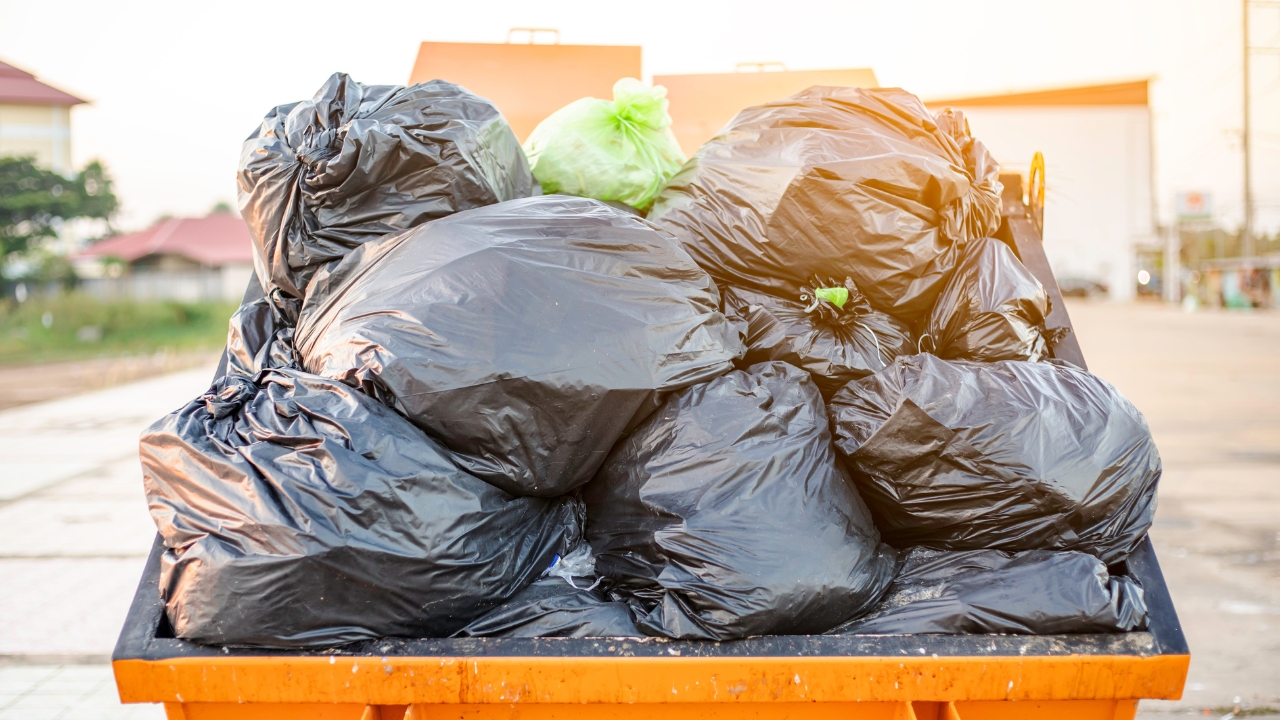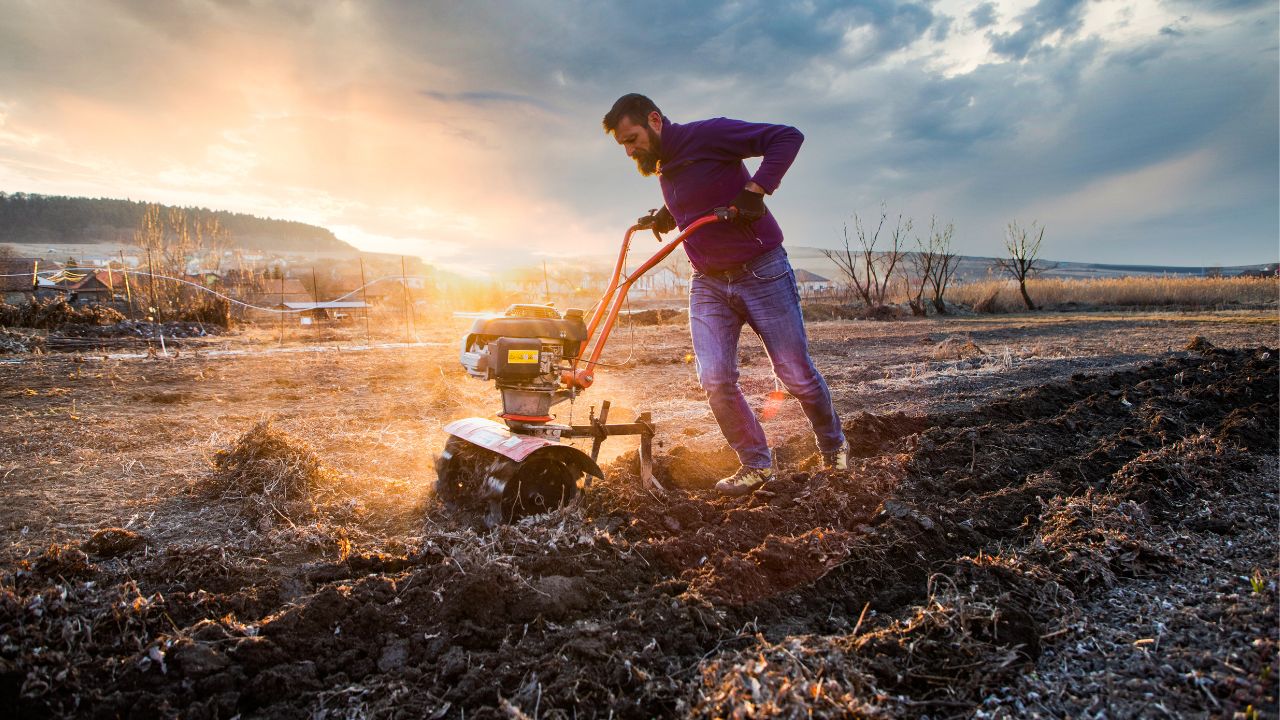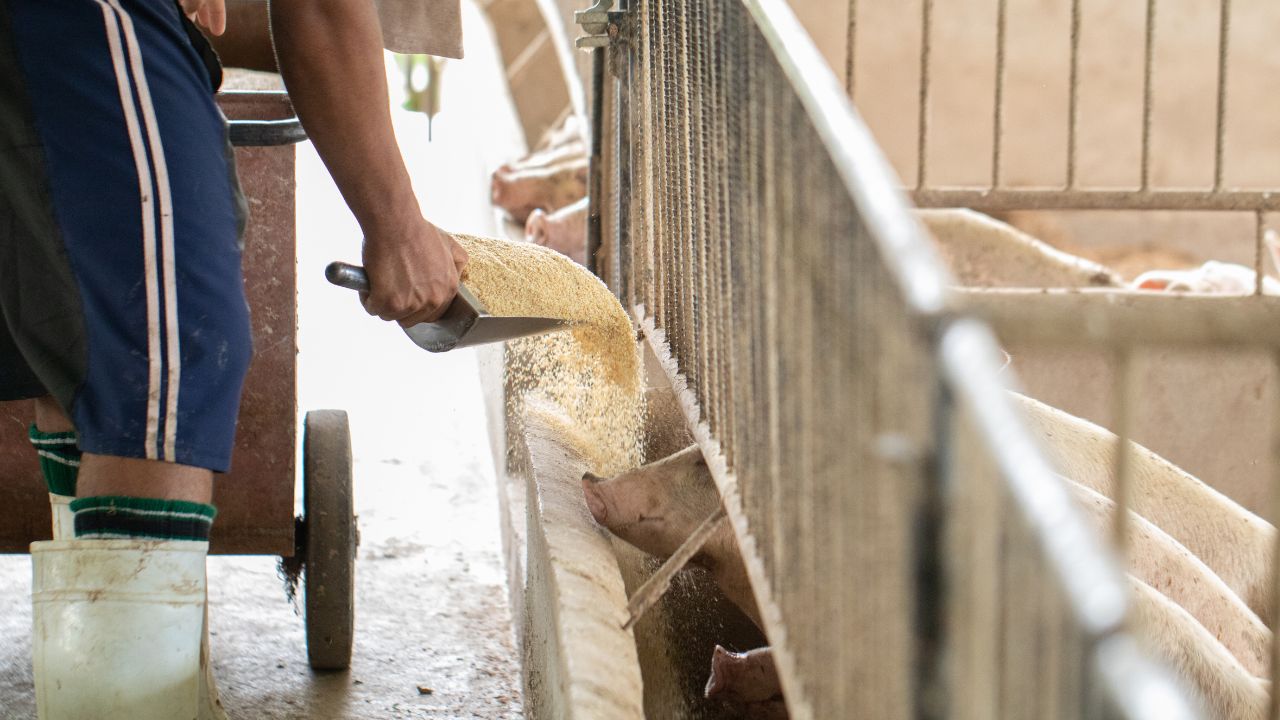12 Things You’ll Have to Unlearn After Moving to the Country
Moving to the country is exciting, but let’s be honest—it’s not a Hallmark movie. It’ll stretch you, humble you, and break some habits you didn’t even know were habits. Life runs slower in some ways, but it demands more from you in others.
You’ll need to relearn a few things—and unlearn a whole lot more—if you want rural living to actually work. These are the things that’ll trip you up if you don’t learn to let them go.
Assuming the Store Has What You Need

In town, if you run out of something, you run to the store. Out here, that’s not always an option. Either the nearest store is 30 minutes away, or it’s tiny and doesn’t carry half the stuff you’re used to finding.
You’ll have to start thinking ahead. Keep backups of things you use daily, and learn to make do or improvise when something’s out of stock. Planning becomes less of a nice idea and more of a survival skill.
Thinking Fast Internet Is a Given

Even if you’re paying for high-speed internet, that doesn’t mean you’ll get it. Satellite and rural broadband can be glitchy or flat-out unreliable depending on where your land sits.
You may have to change how you stream, work, or even attend meetings. And yes, you might have to download your favorite shows before a storm hits or settle for buffering. It’s an adjustment, especially if you work online.
Expecting Amazon to Deliver Everything

Next-day shipping isn’t a given. In some areas, Amazon won’t even deliver directly—you’ll have to go pick up your box from a locker or post office.
You’ll learn pretty quickly that rural living means buying more in bulk and making fewer impulse purchases. And if something is urgent? You better hope Walmart still delivers to your ZIP code.
Waiting on Permission to Do Things

In the city, everything requires a permit. In the country, folks tend to figure it out themselves—fix it, build it, or fence it in. Not everything needs a sign-off.
That doesn’t mean throw the rules out the window, but it does mean learning to take initiative. You’ll get used to solving problems with your own hands instead of calling someone else every time something breaks.
Thinking the Weather Won’t Change Your Day

In the country, weather dictates everything. A little rain can turn your driveway into a muddy mess. A dry spell can mean hauling water to your animals by hand.
You’ll need to watch forecasts differently—less for the outfit of the day and more for whether you can mow, plant, or get out of your road without getting stuck. It changes how you move through your week.
Underestimating How Much Trash You’ll Make

You can’t drag a full can to the curb twice a week and forget about it. Many rural areas don’t have regular pickup, or it costs more and comes less often.
Burn barrels, compost piles, and trips to the dump become part of your routine. You’ll get better at reducing waste, reusing what you can, and thinking before you buy packaging-heavy stuff.
Assuming You’ll Always Have Help

In town, help is nearby—neighbors, plumbers, electricians, babysitters. Out here, everyone’s spread out and busy with their own land, animals, and problems.
That means learning to do more yourself. You’ll fix things alone, figure it out on YouTube, and make backup plans because “calling someone” might not be an option that day.
Thinking You Can Outwork the Land

The land doesn’t care how motivated you are. If you don’t pace yourself or respect your limits, you’ll end up burned out—or worse, injured.
There’s always more to do, so you’ll have to learn to let some things wait. You’ll also have to rest when you need to, even if that means the barn doesn’t get painted this week.
Assuming You’ll Be Less Busy

People move to the country thinking life will slow down. And it does—but the workload speeds up. Animals, gardens, fences, firewood, maintenance—you’ll stay busy from sunup to sundown if you let yourself.
You’ll need to get better at managing your time and protecting your rest. The country offers peace, but only if you learn to stop chasing productivity for productivity’s sake.
Believing You Need to Keep Everything Picture-Perfect

Forget Pinterest. The real version of rural living is messier. There’s mud. There’s rust. There’s feed in buckets you meant to clean out yesterday.
At some point, you’ll realize it doesn’t have to look perfect to function well. That shift in mindset is freeing—and it’s what lets you actually enjoy the life you’re building out there.
*This article was developed with AI-powered tools and has been carefully reviewed by our editors.







